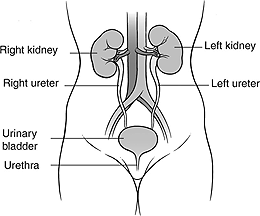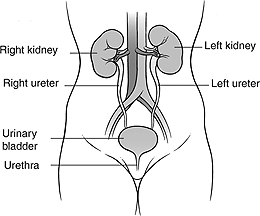
Abbott and Reata Pharmaceuticals announced that they have entered into a collaboration agreement to develop and commercialize bardoxolone methyl (bardoxolone), which is currently in late Phase 2 trials for the treatment of chronic kidney disease (CKD).

Under terms of the agreement, Reata will grant to Abbott exclusive rights to develop and commercialize bardoxolone outside the U.S., excluding certain Asian markets. Reata will receive upfront and near-term cash payments of $450 million for the licensing rights to bardoxolone and a minority equity investment in the company. Upon completion of certain development and approval objectives for bardoxolone and other molecules in the licensed territories, Reata will receive additional milestone payments. Reata also will receive royalties on any future product sales in the Abbott territories. Additionally, Abbott obtains rights to develop and commercialize certain other Reata compounds for chronic kidney disease, and for cardiovascular and metabolic indications, in these territories.
"Early clinical studies suggest that bardoxolone could be a significant improvement to the current standard of care for CKD and possibly prevent patients from progressing to the later stages of the disease and dialysis," said John Leonard, M.D., senior vice president, pharmaceuticals, research and development, Abbott. "This agreement builds on Abbott's existing experience in renal care, while adding a promising compound to our later-stage pipeline."
Bardoxolone is an oral, first-in-class antioxidant inflammation modulator that works by increasing the estimated glomerular filtration rate (eGFR) of the kidneys. In two Phase 2 clinical trials, bardoxolone significantly improved kidney function in patients with advanced CKD and Type 2 diabetes. CKD currently affects more than 50 million adults worldwide, and the number of patients is rapidly increasing throughout the world.
"Reata is very pleased to have Abbott as our partner and believe that its existing renal capabilities will be a great asset to the global program," said Warren Huff, chief executive officer of Reata. "This partnership allows us to meet our strategic goal of establishing our own commercial presence in the U.S. and building a sustainable, fully integrated pharmaceutical company."
This transaction does not impact Abbott's previously issued ongoing earnings-per-share guidance for 2010. Abbott expects to incur one-time specified items in the fourth quarter of 2010, primarily related to in-process research and development.
About Bardoxolone Methyl
Bardoxolone methyl is an antioxidant inflammation modulator (AIM) that activates Nrf2, thereby inducing the transcription of more than 250 genes that decrease the level of oxidative stress and suppress several inflammatory mediators. In two Phase 2a studies, bardoxolone methyl was shown to produce a statistically significant increase in estimated glomerular filtration rate as well as improvements in other key markers of renal function in Stage 3b and 4 CKD patients with Type 2 diabetes.
About Chronic Kidney Disease and Diabetic Kidney Disease (Nephropathy)
CKD is a highly prevalent condition, affecting more than 50 million adults around the world. Half of CKD patients also have diabetes, a percentage that is expected to grow as rates of diabetes increase. Diabetes is the leading cause of CKD, with as many as 30 to 40 percent of Type 2 diabetics developing the disease. Available therapies modestly slow the progression of CKD, and patients ultimately progress to dialysis.

